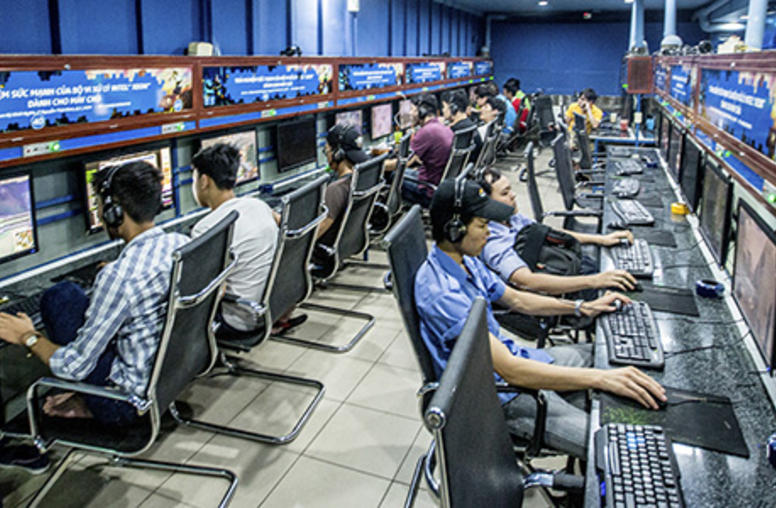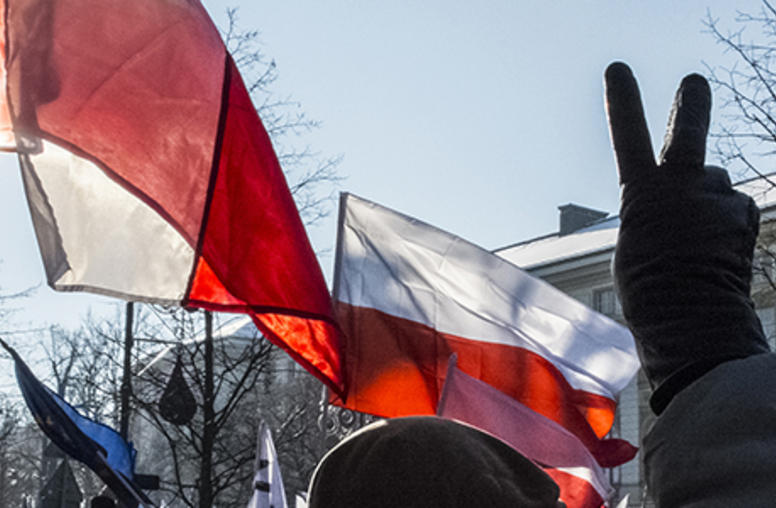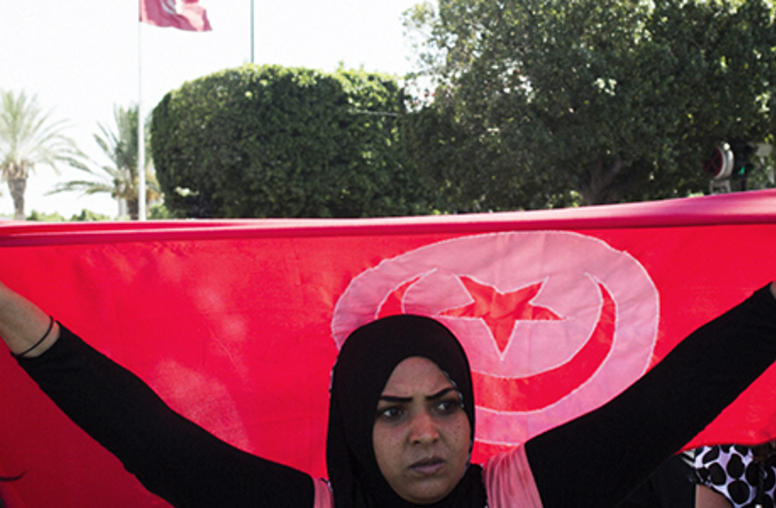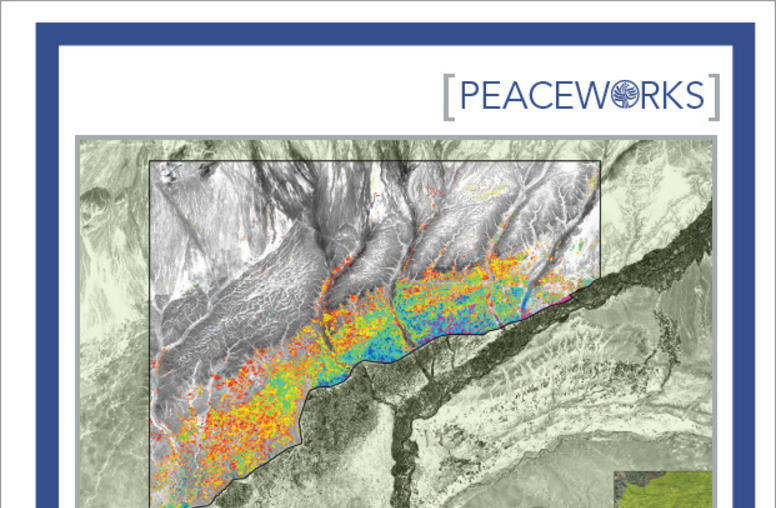Conflict Prevention & Resolution Forum: Arts and Peacebuilding
The arts, media and culture offer peacebuilders a unique set of tools for transforming conflict, ranging from a variety of live theatre performances and the reinvention of cultural traditions to televised episodic drama. What are the implications of these trends on the field of peacebuilding in general? Where are these tools the most appropriate and how can peacebuilders better engage the arts, media and culture to our advantage?
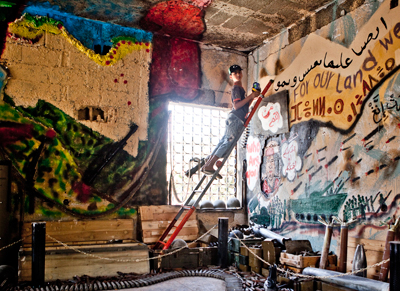 The arts, media and culture offer peacebuilders a unique set of tools for transforming conflict, ranging from a variety of live theater performances and the reinvention of cultural traditions to televised episodic drama.
The arts, media and culture offer peacebuilders a unique set of tools for transforming conflict, ranging from a variety of live theater performances and the reinvention of cultural traditions to televised episodic drama.
The arts provide a window through which communities recovering from conflict can explore painful social wounds while media outlets present a method of reaching extraordinarily broad audiences in diverse and often remote locations. While some peacebuilders have been resistant to the use of arts and culture in their work, these tools are gaining traction and legitimacy in the field.
As more peacebuilders embrace the use of the arts in their work, a sub-field of arts and conflict is beginning to develop. What are the implications of these trends on the field of peacebuilding in general? Where are these tools the most appropriate and how can peacebuilders better engage the arts, media and culture to our advantage?
Speakers
- Cynthia Cohen, panelist
Director, Program in Peacebuilding and the Arts, International Center for Ethics, Justice and Public Life, Brandeis University
- Lena Slachmuijlder, panelist
Chief Programming Officer, Search for Common Ground - Sheldon Himelfarb, moderator
2011-2012 Pakistan Scholar, Woodrow Wilson International Center for Scholars
Director, Center of Innovation: Media, Conflict and Peacebuilding/Director, Center of Innovation: Science, Technology and Peacebuilding, United States Institute of Peace
Panelist Biographies
Cynthia Cohen
Director, Program in Peacebuilding and the Arts, International Center for Ethics, Justice and Public Life, Brandeis University
Cynthia Cohen is the Director of the Program in Peacebuilding and the Arts at the International Center for Ethics, Justice and Public Life at Brandeis University. In that capacity she directed Acting Together, a project that documented the contribution of theatre and ritual to conflict transformation. She co-edited an anthology, and co-created a documentary and toolkit with resources for artists and peacebuilders, students and practitioners. She was previously the Executive Director of the Slifka Program in Intercommunical Coexistence at Brandeis, where she directed research and action partnerships with coexistence organizations around the world. Dr. Cohen previously directed the international fellowship program Recasting Reconciliation Through Culture and the Arts, and edited an online anthology with that title. She is also the author of Working with Integrity: A Guidebook for Peacebuilders Asking Ethical Questions, and several articles and chapters on the ethical and aesthetic dimension of coexistence and reconciliation. She was the founding director of the Oral History Center in Cambridge, Massachusetts, and has facilitated coexistence efforts involving participants from the Middle East, United States, Central America and Sri Lanka. She holds degrees from the Massachusetts Institute of Technology, the University of New Hampshire and Wesleyan University.
Lena Slachmuijlder
Chief Programming Officer, Search for Common Ground
Lena Slachmuijlder is the Chief Programming Officer at Search for Common Ground. Prior to her current position, she lived and worked in Africa for 21 years as a journalist, editor, human rights defender, director, producer, performing artist, cultural facilitator, trainer, and project manager. Ms. Slachmuijlder has worked with Search for Common Ground since 2001, heading Studio Ijambo while being the Great Lakes Media Manager based at Search Burundi. In 2005, she became Country Director in DR Congo, growing the project to be Search’s largest, with seven offices around the country working on repatriation, sexual violence, governance, elections, security sector reform, and regional cohesion. In the DRC, Lena pioneered tools such as participatory theatre, a reality TV show, and innovative approaches to army and police reform. She has trained journalists and peace builders on all continents, has been an invited speaker to more than a dozen international conferences, wrote and produced a documentary film about Burundi’s ‘Heroes’ and has supported Search’s work in Nepal, Indonesia, Cote d’Ivoire, Rwanda and Kyrgyzstan. Lena is fluent in English, French, and Zulu and has working knowledge of Swahili, Lingala, and Kirundi.
Explore Further
- Read more about USIP's work on Art and Peacebuilding
